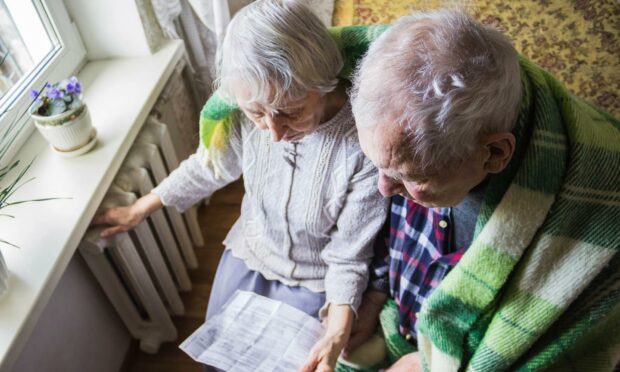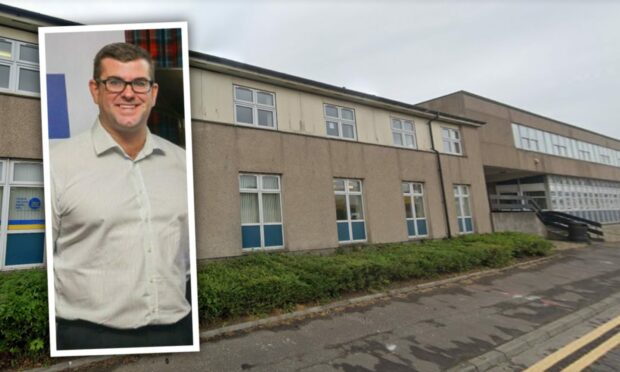Fife Council fears the escalating energy bills crisis will mean a soaring number of struggling residents will be forced to stop paying their council tax.
The local authority – which has just agreed to hike its council tax by 3% – said it was anticipating a “higher value of debt outstanding” in 2022-23.
The remarks were made amid growing demands for the UK Government to act to ease the crippling pressures on households, following a spring statement from Chancellor Rishi Sunak last week which was heavily criticised.
Last night, the boss of Citizens Advice in Fife said the impact of the cost of living squeeze was looking “bleak” – and predicted increased council tax arrears would be the “tip of the iceberg”.
Fife Council suggested non-payment of tax and business rates would mean it faced a double blow to its finances in the coming year.
That is because new figures show that the authority’s own bill for powering schools, offices, care centres, libraries and depots is poised to rocket by 44% to more than £16.5 million.
The council signalled that the money would have to be found to pay for the rising cost of electricity and gas.
“Rising energy bills will result in increased costs for the council which will result in Fife Council having to reduce costs elsewhere,” it said.
Higher debt
“There is potential for rising energy costs to impact on other areas of the council as businesses and individuals will be impacted by these price rises too.
“This could result in a higher value of debt outstanding.”
Fife Council was responding to a freedom of information request from The Courier.
NHS Fife, meanwhile, said it was expecting its bills to rise by about two-thirds, to £5m.
We previously revealed that Dundee, Angus and Perth and Kinross councils expected their energy costs to increase by a combined £7m.
Power bills are soaring across the country because of a squeeze on global gas supplies, caused by increased demand in Asia and a cold winter in Europe.
The fall-out from Russia’s invasion of Ukraine is expected to make the situation even worse.
The number of Fife residents who were in council tax arrears previously jumped from 9,606 in 2019 to 23,723 in 2020.
David Redpath, chief executive at Citizens Advice and Rights Fife, said rising non-payment of council tax would be the tip of the iceberg.
“I think it is likely to happen because there is such a squeeze on household income at this point in time that people are making fairly stark choices,” he said.
‘Perfect storm’
“I don’t think it will just be council tax either, for that matter.
“The household income becomes less and less and less. If you are already in a vulnerable position, your position is very, very, very difficult.
“It’s heat your home or feed your kids. More and more people are going to be in that position.
“I just get the feeling that we’re at the bit of a perfect storm.”
Mr Redpath said his organisation’s services were already unable to cope with the number of people in Fife seeking help.
“I know what will happen is that we will go up in demand. We’ve got limited resource at the end of the day. And demand already outstrips the resource we have,” he said.
“It’s quite bleak at the moment I have to say.”


